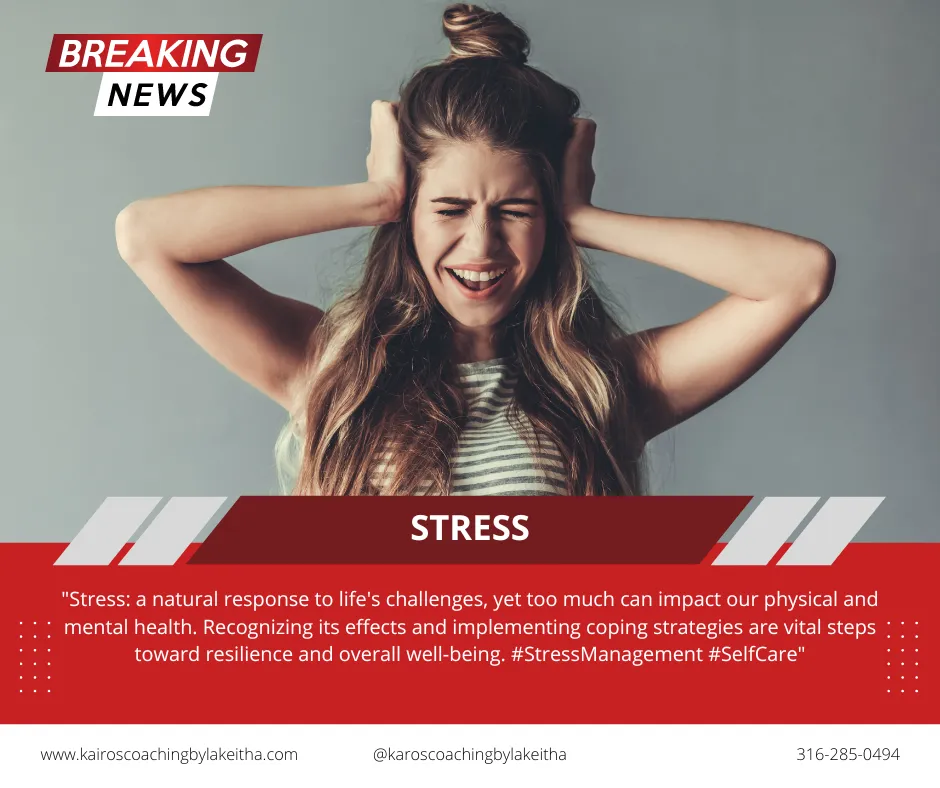
Understanding Emotional Eating: How to Recognize and Address Food Cravings
Using food to cope with your emotions, stress or as a reward when you are feeling down, sabotages all the hard work that you might be doing to try to get healthier by eating a healthy diet.
True physical hunger happens when you have not consumed food for hours, like when you wake up after 8 hours of sleep. You will feel emotional hunger when your feelings are out of balance. You may be experiencing additional stress in your life, feeling bored, lonely, or sad. It occurs and creates a desire to eat when your emotions are controlling you and you feel hungry because you feel like you need a boost in your mood. It is at this time, that people who don’t have good relationships with food reach for food to eat emotionally. If you were experiencing physical hunger, you would get hungry slowly and gradually, because your stomach empties slowly and gradually. Emotional eating can strike at any time, it’s not about your stomach feeling physically empty, it is more about your feeling being emotionally empty at that moment in time. No matter how much food you consume at times like this, nothing will make you feel emotionally full because the issues have nothing to do with feeling physically full.

You can recognize emotional eating; if you have sudden urgent cravings for food, if you are eating when you are not hungry, if you use food to feel better, if you reward yourself with food, if you are eating till you are feeling overly full, or if you feel like you have no control over what and how much you eat when you feel like this.
It’s important to break this emotional eating cycle. There are a few ways that you can do this. First, if you are feeling emotionally hungry, pause, pay attention to your thoughts and feelings that you are feeling at that very moment. Learn how to recognize the difference between emotional and physical hunger by asking yourself why you want to eat and learn to recognize if it is real hunger or whether it is an emotional impulse. If you are feeling emotionally hungry, substitute reaching for food with other alternatives.
For example, you could talk to a friend, go for a walk, practice deep breathing, do a craft, or play tennis.

It’s important to choose an activity that you enjoy, so your brain releases the hormones that are normally released when you eat. Identify the things that trigger your emotional eating response. When you do eat, enjoy each mouthful of the texture and taste of your food. Plan your response to emotional eating by planning ahead and deciding upon an activity that you will do the next time this feeling strikes.

It's important to realize that emotional eating never solves emotional problems. In fact, you could feel even worse after an emotional eating binge. If you teach yourself other, less hurtful ways to address your emotional eating, you are back in control of your feelings and find more positive ways to deal with your feelings and emotions.
Recognize the difference between physical and emotional hunger. Urgent cravings and eating when not hungry signal emotional eating. Break the cycle by pausing, identifying emotions, and substituting food with fulfilling activities. Take control and find healthier ways to cope with emotions. Ready to break free from emotional eating? Start by practicing mindfulness and exploring alternative coping strategies today. #EmotionalHealth #MindfulEating"


